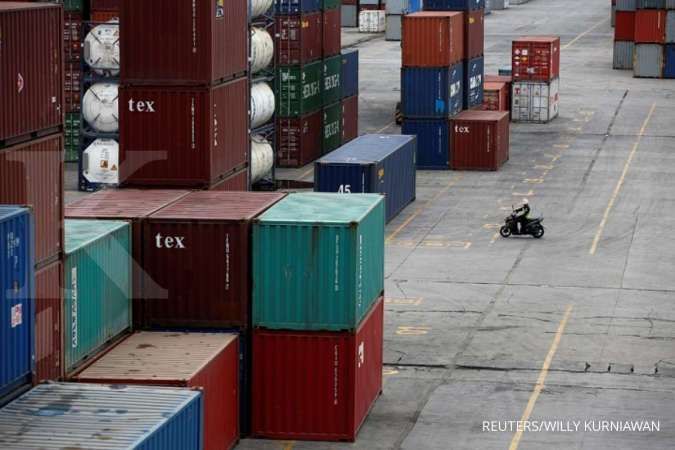CPO - JAKARTA. The Indonesian Chamber of Commerce and Industry (KADIN) and the British Chamber of Commerce in Indonesia (BritCham) have rejected protectionist trade policies on palm oil, following the European Union’s latest move to phase out crude palm oil from biofuel by 2030.
“In discussing the sustainability issue, we support policies that help business actors who have committed to adopting the best practice. KADIN and BritCham support good trade relations between Indonesia and the EU because both regions complement each other in various sectors in a way that trade barriers are not necessary,” the business groups said in a joint statement issued on Monday.
On March 13, the European Commission adopted a Delegated Act on sustainability criteria for biofuels, a derivative of its Renewable Energy Directive II (RED II).
Under the regulation, palm oil is the only commodity singled out for having a high risk of causing deforestation based on indirect land use change (ILUC) risks, which are calculated on the basis of agricultural land previously destined for food but converted for biofuel production.
EU countries will still be able to use and import fuels included in the category of high ILUC-risk biofuels, but will not be able to include these volumes when calculating the extent to which they have fulfilled their renewable targets.
As the largest producer of the commodity, Indonesia said the policy was discriminatory because other vegetable oils produced in EU countries and the United States – such as soybean, rapeseed and sunflower oils – have lower yields and are thus more excessive in regard to land use.
Indonesia also argued that the deliberation was made based on outdated 2015 data, and since then the government has made various efforts to establish a sustainable palm oil industry, which include imposing a two-year moratorium on the issuance of new permits to clear rain forests and peatland, as well as a moratorium on oil palm plantations.
KADIN and BritCham stated that the disagreement between Indonesia and the EU would not only harm the good relationship between the two parties, but also hamper the economic activities that could boost development.
“Disagreement on RED II’s Delegated Act has a big impact on various business sectors that rely on imports from EU countries. This disagreement is full of potential risks and must be avoided by both Indonesia and the EU so that business actors could operate without the threat of import bans, or other trade barriers,” the statement reads.
KADIN and BritCham fully support the efforts of Indonesia and the EU to conduct constructive dialogue so that the best solution for both parties can be achieved, and the two groups say they are willing facilitators for dialogue.
/2019/02/15/1085974346p.jpg)













